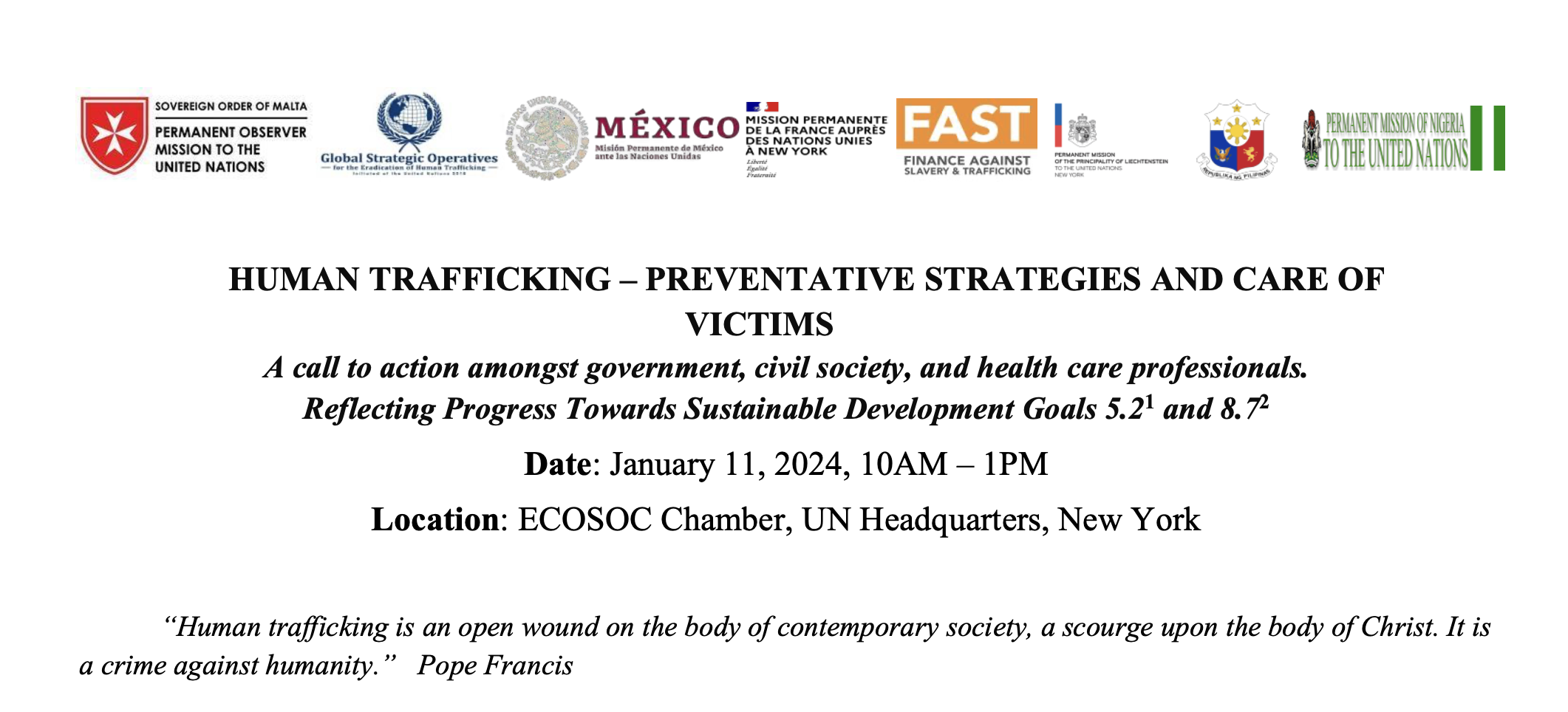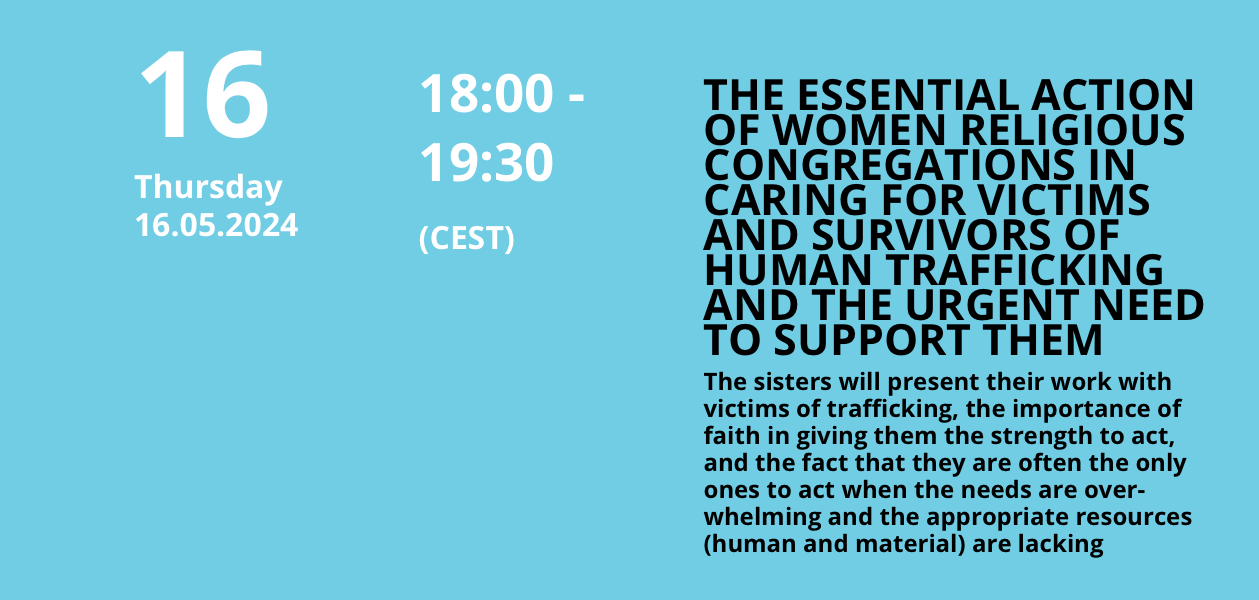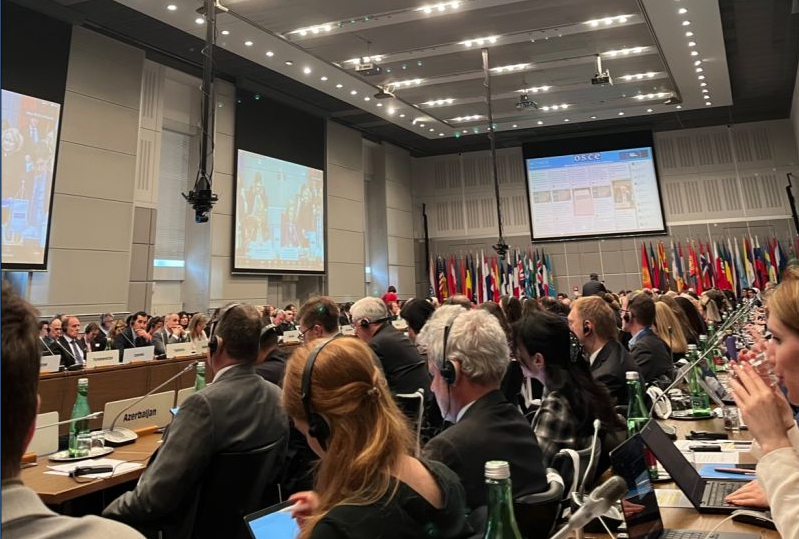The Problem
Human trafficking represents a multifaceted and pervasive problem that reverberates through different segments of society. It entails the manipulation of individuals using tactics like coercion, fraud, or force, leading to exploitation in the form of forced labor and sexual abuse. The reach of human trafficking extends to diverse domains: labor and workforce, migration, transnational crime syndicates, technology, innovation and, notably, the field of medicine.
Specifically,theglobalhealthcaresystemisfacinganoverwhelmingsurgeofhumantrafficking victims. Approximately 30 million individuals are ensnared in this contemporary form of slavery, impacting more than 50 million individuals on a global scale. According to the International Labour Organization, human trafficking constitutes a lucrative industry, generating around $150 billion annually. This dark industry ranks among the largest global markets, with a significant portion—$99 billion—stemming from the commercial sexual exploitation sector.
In the context of human trafficking survivors, the composition varies in different countries. [who are sexually exploited, women and girls make up 72% of the total. This includes 49% women and 23% girls. Men account for 21%, while boys make up 7%. Globally, around 16 million people are currently affected by labor trafficking. Among them, 60% are males (including boys) and the remaining 40% are females (including girls)].
This side event to the 79th Session of the General Assembly proposes to accomplish the following:
- Facilitate a constructive dialogue among Member States, civil society organizations, including faith-based organizations, and individuals actively engaged in initiating strategies and programs to prevent human trafficking, and, secondly, to hear what healthcare professionals have to say about services to those impacted by this harrowing experience.
- Acknowledge the critical role and address the unique needs of professionals who identify and support victims of human trafficking.
- Foster the exchange of pragmatic and actionable solutions that can be readily implemented to alleviate the suffering of victims and survivors.
- Illuminate the broader landscape of financial vulnerability, emphasizing the additional strain that human trafficking imposes on both the economic and medical sectors.
- Seek to empower victims and survivors of trafficking, providing them with a platform to share their stories and insights. These invaluable contributions will, hopefully, help to shape the trajectory of legislative reforms, policy formulations, and diverse anti-trafficking endeavors.
This event, organized by the Sovereign Order of Malta Permanent Observer Mission to the United Nations, is co-sponsored by Global Strategic Operatives (GSO), a non-profit humanitarian organization involved in educating those who work in healthcare systems, providing guidance in the identification of victims of human trafficking; the Arise Foundation; the Santa Marta Group, and the Permanent Mission of Mexico; the Permanent Mission of France; the Permanent Mission of the Phillipines; the Permanent Mission of Nigeria, and the Modern Slavery Programme at the United Nations University Centre for Policy Research (UNU-CPR) in New York.
Summary
« Human Trafficking – Preventative Strategies and Care of Victims » is a thought-provoking and action- oriented event that aims to illuminate the profound impact that governments, civil society, including faith-based organizations and healthcare professionals can make in addressing the multifaceted challenges posed by human trafficking. Through this event we seek to foster a deeper understanding of the critical intersection between human trafficking, international preventative measures and the impact of healthcare, emphasizing the role of healthcare providers as frontline responders and advocates in enabling victims to free themselves and re-establish their lives.
Program
Date: January 11, 2024, 10AM – 1PM
Location: ECOSOC Chamber, UN Headquarters, New York
10:00 AM – Opening Remarks and Introduction of Keynote Speakers:
– H.E. Dr. Paul Beresford-Hill, Permanent Observer of the Mission Sovereign Order of Malta to the UN, New York.
10:10 AM: Introductory Keynote Speakers:
– H.E. Dr. Michel Veuthey, Ambassador to Monitor and Combat Trafficking in Persons, Sovereign Order of Malta, Geneva.
– Mrs. Deborah O’Hara-Rusckowski, DM Special Advisor on Human Trafficking for the Sovereign Order of Malta to the UN, NY; Founder & President, Global Strategic Operatives, The O’Connell House
– Kevin Hyland, OBE – Santa Marta Group, London.
10:30 AM – 11:45 AM: Discussion Panel followed by Questions from the audience.
Panel
– H.E. Mr. Antonio Manuel Revilla Lagdameo, Ambassador Extraordinary and Plenipotentiary and Permanent Representative of the Republic of the Philippines to the United Nations.
– Mrs. Deborah O’Hara Ruskowski, DM – Moderator
– H.E. Mrs. Diarra Dime-Labille, Minister Counsellor, Permanent Mission of France.
– Mr. Mauricio Reza Bautista, Attaché & Human Rights Expert, Permanent Mission of Mexico.
– Kevin Hyland, OBE, Founding Member, “Santa Marta Group”.
– Hilary L. Chester, Ph.D., formerly with the US Conference of Catholic Bishops (USCCB),now with the Department of Homeland Security (DHS), dealing with human trafficking victims
– Ms. Alice Eckstein, Project Director, Finance Against Slavery and Trafficking (FAST).
12.30 AM: Closing Remarks – H.E. Dr. Paul Beresford-Hill, CBE




